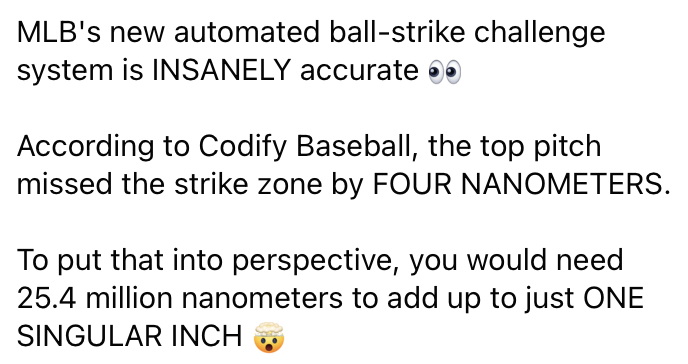Harmonic, co-founded by Robinhood CEO Vlad Tenev, launched a beta iOS and Android chatbot application, providing users access to its AI model, Aristotle, designed to offer “hallucination-free” answers for mathematical reasoning questions.
Harmonic aims to create what it terms “mathematical superintelligence” (MSI). The company intends to expand Aristotle’s capabilities beyond current mathematical reasoning to include fields such as physics, statistics, and computer science. This expansion reflects an ambition to assist users across various disciplines that rely on quantitative analysis. Tudor Achim, CEO and co-founder of Harmonic, stated in an interview with TechCrunch, “[Aristotle] is the first product available to people that does reasoning and formally verifies the output.” He further clarified, “Within the domains that Aristotle supports, which are quantitative reasoning domains, we actually do guarantee that there’s no hallucinations.”
Future plans for Harmonic include the release of an Application Programming Interface (API) to allow enterprises to integrate Aristotle into their systems. Additionally, a dedicated web application for consumers is planned, broadening access beyond the current mobile app beta. The company has not specified release timelines for these forthcoming products.
Aristotle achieved a gold medal performance on the 2025 International Math Olympiad (IMO) during a formal test. This formal test involved translating the problems into a machine-readable format for Aristotle’s processing. In comparison, AI models developed by Google and OpenAI also achieved gold medal performance on the same IMO, but these were through informal tests conducted in natural language. Harmonic has not released other benchmarks for Aristotle at this time.
The beta launch of Aristotle follows Harmonic’s recent Series B funding round, where it secured $100 million. This round was led by Kleiner Perkins, valuing the company at $875 million. Achim indicated that Harmonic is “advancing very rapidly along” its path to achieving MSI, suggesting that investors viewed this valuation as appropriate given the scope of the startup’s objectives.
Harmonic attributes Aristotle’s accuracy to its method of producing responses. The model generates solutions in Lean, an open-source programming language. Before presenting an answer to users, Aristotle employs an algorithmic process to double-check the solution’s correctness. This verification step does not involve AI. Achim noted that similar verification technologies are used in high-stakes sectors, including medical devices and aviation, to ensure reliability and safety. The ability to achieve hallucination-free performance in AI models, even within a narrow domain, represents a considerable technical challenge. Studies have indicated that leading AI models frequently exhibit hallucinations, and the issue has not shown signs of significant improvement. Research suggests that OpenAI’s more recent AI reasoning models exhibit a higher incidence of hallucinations compared to their predecessors.

